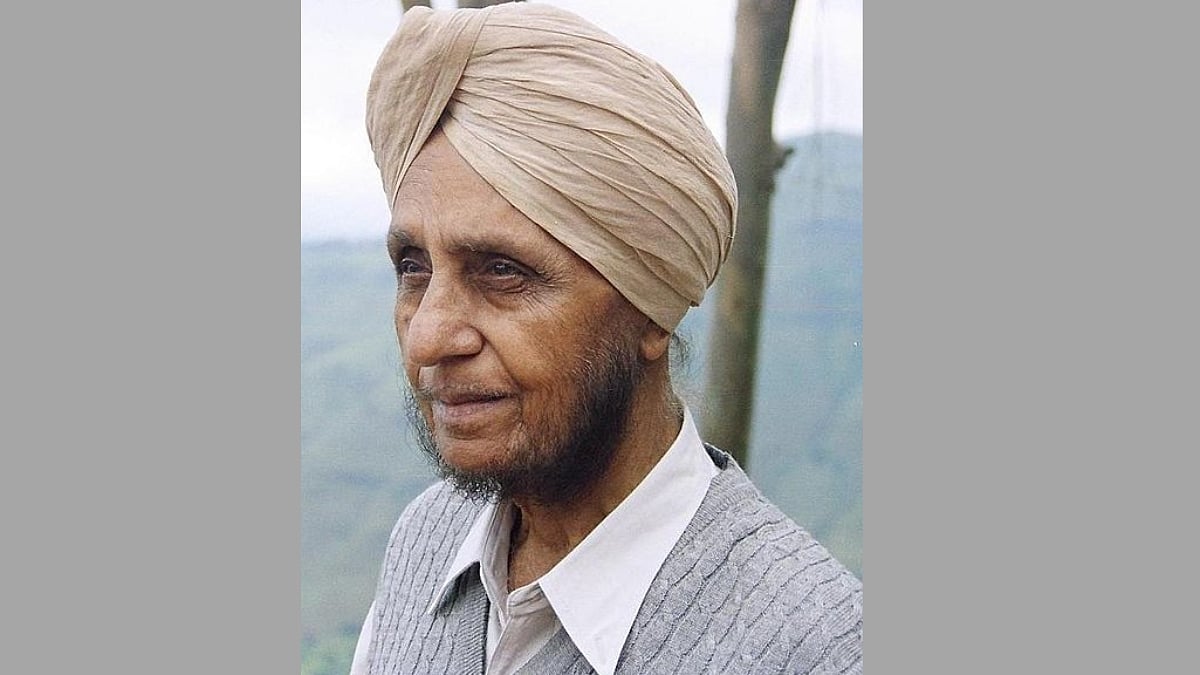Balbir Singh Sukhbir, also known as Sukhbir, was a Punjabi novelist, short-story writer, poet, and essayist. He was born on July 9, 1925, in Beerampur, Jalandhar, and died at the age of 86 on February 22, 2012, in Mumbai.
He wrote and published for fifty years. He authored five collections of poetry, five novels, and ten collections of short fiction.
On his death anniversary, let's know more about him.
Early Life
Sukhbir’s earlier schooling was done in his native village of Beerampur near Adampur Jalandhar. Because his father worked for the railroads, the family was constantly on the move. When he was in 6th grade, they moved to Bombay. He did his graduation from Khalsa College, Bombay, after which he went to Khalsa College, Amritsar, to do his post-graduation in 1958 where he earned the rank of university topper and a gold medal. At the same time, he worked as a sub-editor for Preet Lari. Afterwards, he moved to Bombay and started teaching Punjabi at Khalsa College. After some years he resigned from the post and lived earning his livelihood as a full time writer and translator.
Career
He considered himself a rational Marxist writer opposed to Stalinist socialist realist literature. He was close to the Communist Party of India and admired its imaginative leader, PC Joshi.
He wrote poetry in blank verse with a certain rhythm on the lines of Neruda and Mayakovsky.
Sukhbir translated many books of Russian literature from their English versions into Punjabi notably Tolstoy’s War and Peace, Gorky’s stories and plays, a part of Sholokhov’s And Quiet Flows the Don and Paustovsky’s book of essays The Golden Rose.
His first collection of short stories, Dubda ChaRhda Suraj (Setting and Rising Sun), was published in 1957, followed by poems PaiRhaN (Footsteps) in 1958, and his first novel, Rat da Chehra (The Face of the Night), three years later in 1961. His novel SaRhkaN te Kamrey (Roads and Chambers, 1970) depicted life in Bombay's metropolitan capitalism.
When he was arrested in the mob of student unrest in Mumbai in 1950, he changed his name from Balbir Singh to Sukhbir. To avoid government scrutiny while in jail in Nasik, one of his editor friends, whose magazine his poems were about to be published in, changed his name to Sukhbir.
The Russian embassy in Delhi used to honour the translators who translated Russian works into the native languages of India with an award and short-period travel to Russia. However, due to corrupt bureaucracy, another writer received the award that year, despite the fact that the magnum opus Jang te Aman had only been released that year. Next year, the awards were terminated. After that, Sukhbir made a point not to receive any award whatsoever, nor attend any conference, seminar etc.










